Submersible sewage pumps are essential components in modern wastewater management systems, designed to handle the transport of sewage, sludge, and other liquid waste efficiently and reliably. These pumps are specifically engineered to operate submerged in liquids, eliminating the need for priming and ensuring self-priming functionality through their placement within the fluid. Their versatile design and robust construction make them indispensable for a wide range of residential, commercial, and industrial applications.
Key Features and Applications
Submersible sewage pumps are engineered to manage solids-laden wastewater, distinguishing them from standard water pumps. Equipped with specialized impellers and casings, they can process semi-solid waste, debris, and wastewater with little risk of clogging. This capability positions them as critical assets in environments requiring the handling of challenging fluids, such as residential basements prone to flooding, municipal sewer systems, septic tanks, and industrial effluent management.
Common applications include:
Residential Drainage: Used in sump pits to remove excess groundwater or sewage, preventing basement flooding and water damage.
Commercial & Industrial Wastewater: Essential in facilities like restaurants, car washes, and manufacturing plants, where high solids content is typical.
Municipal Systems: Plays a key role in sewer line maintenance and stormwater management in urban areas.
Agriculture & Irrigation: Supports wastewater recycling and drainage in farming operations.
Operational Advantages
Submersible sewage pumps operate directly underwater, drawing liquid into the pump housing and expelling it through an outlet pipe via centrifugal force or positive displacement mechanisms. This submerged operation enhances efficiency by reducing energy consumption and operational noise. Additionally, their compact design allows for easy installation in confined spaces, while sealed motors prevent exposure to corrosive or hazardous waste, ensuring durability in harsh environments.
Many submersible sewage pumps feature automated controls, activating when water levels reach a preset threshold. This autonomy reduces manual intervention and provides continuous operation during emergency scenarios, such as heavy rainfall or power outages.
Diverse Variants
The market offers a variety of submersible sewage pumps tailored to specific needs:
Solids-Handling Pumps: Designed with robust impellers to manage large debris in wastewater streams.
Heavy-Duty Models: Built for industrial-scale operations with enhanced durability and flow capacity.
Compact Units: Proper for residential or limited-space installations.
High-Temperature Models: Engineered to handle heated wastewater in specialized applications.
In summary, submersible sewage pumps are indispensable tools for efficient wastewater management across diverse industries. Their adaptability, durability, and operational efficiency make them a cornerstone of modern infrastructure, ensuring reliable fluid transport in challenging environments.
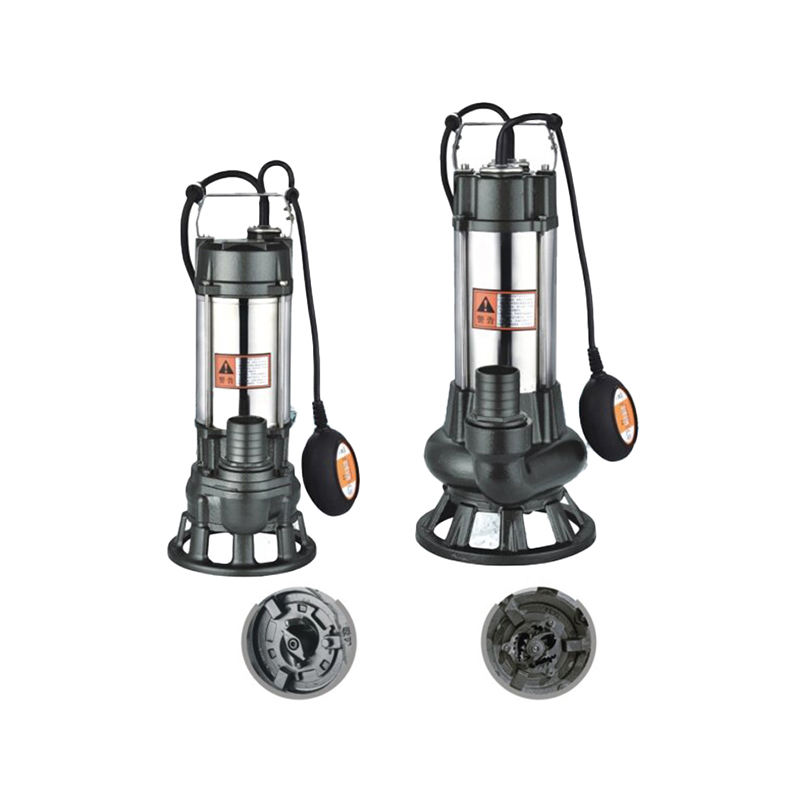
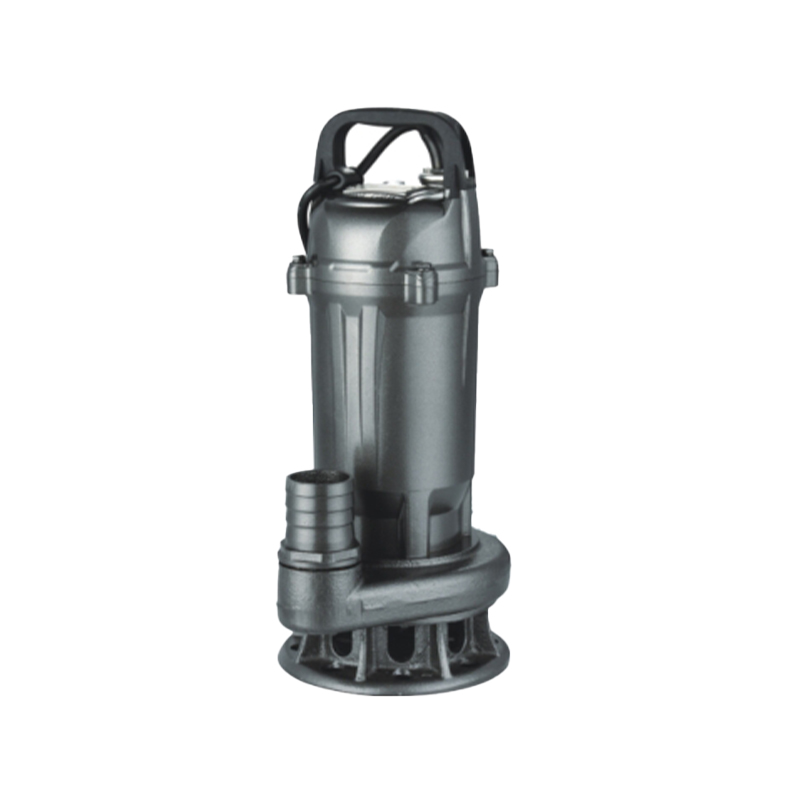

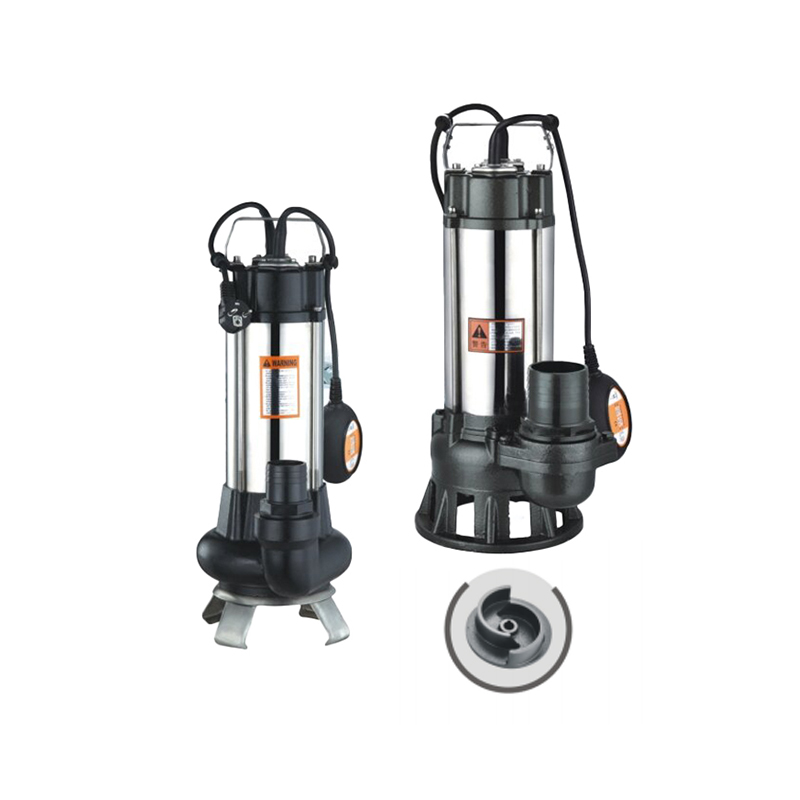
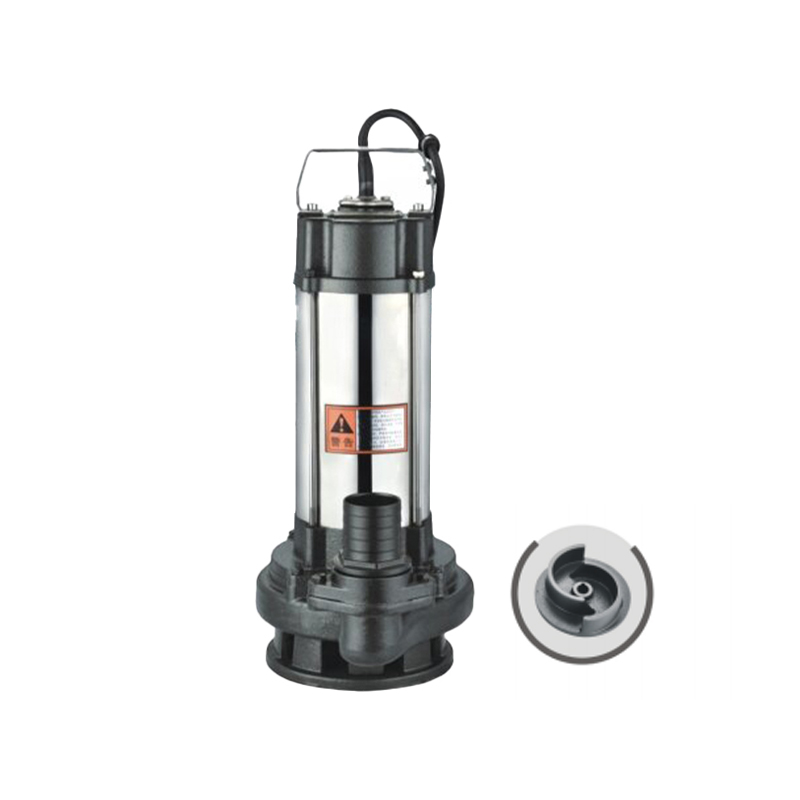
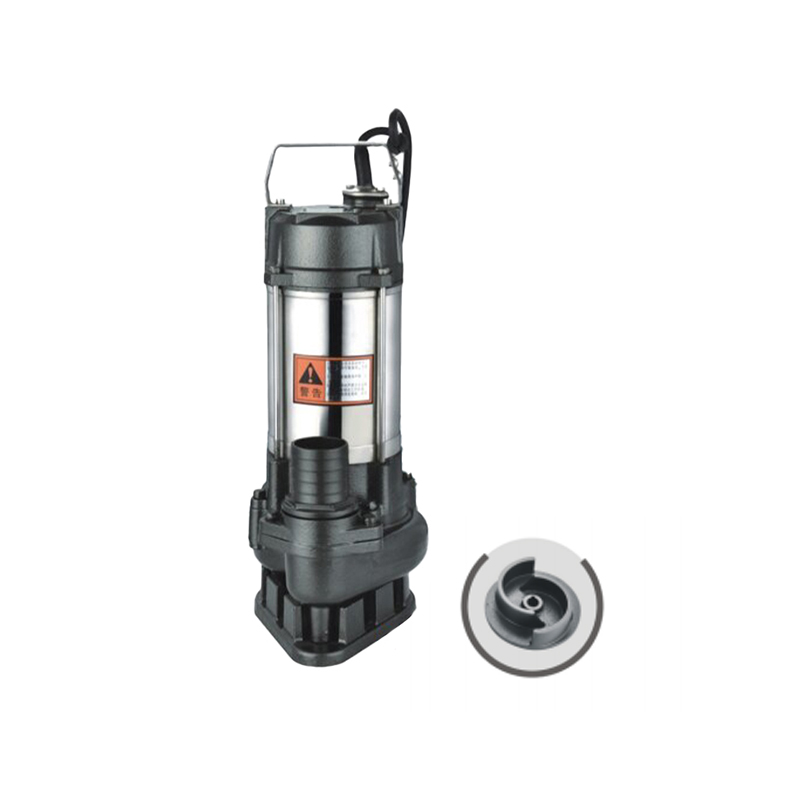
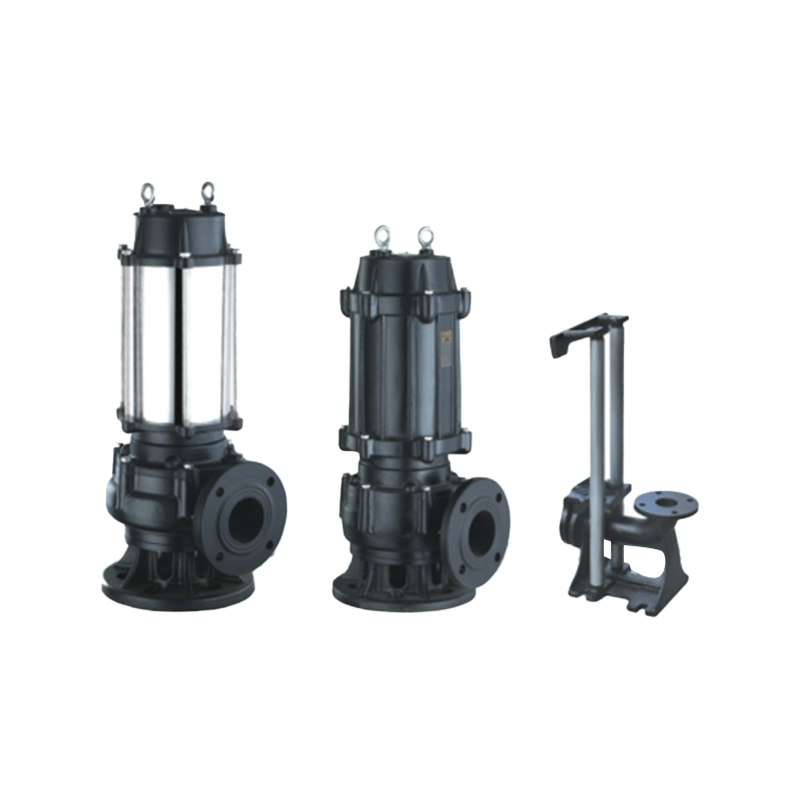
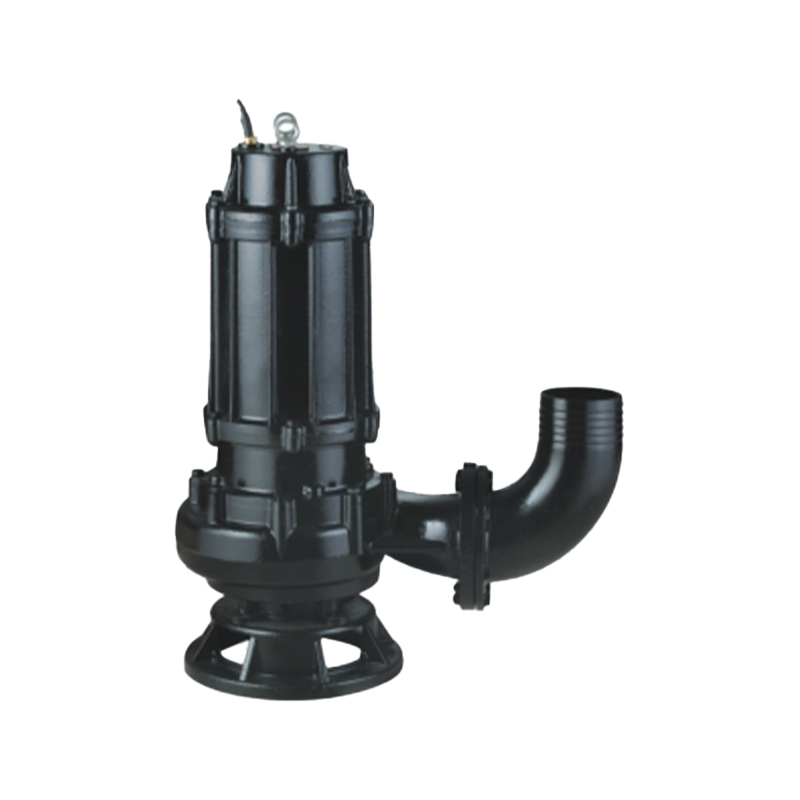
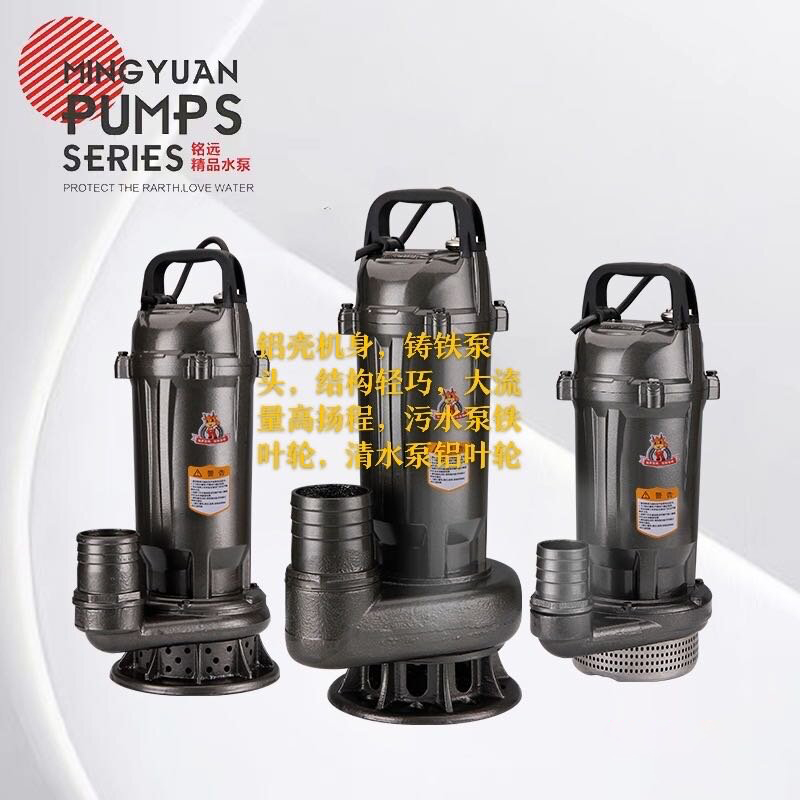
Zhejiang MingYuan Pump Co., Ltd. is located in Liangshan Industrial Zone, Daxi Town, Wenling City, the "hometown of water pumps", close to National Highway 104 and National Highway G15, at the Daxi exit. The company is a professional China Submersible Sewage Pump manufacturer and wholesale Submersible Sewage Pump factory integrating scientific research, design, production, and sales online. The company has always been committed to innovation in technology and management, and has developed water pumps suitable for industrial and mining enterprises, construction sites, urban water supply, farmland irrigation and drainage, high-rise building water supply, fire protection, industrial water treatment, sewage treatment,t and other industries based on market demand. The company's leading products include: 3SDM, 3.5SDM, 4SDM, YQJD series stainless steel deep well pumps; QGD series screw submersible pumps; QXD, QD series small submersible pumps; QY series oil-immersed submersible pumps; WQD, WQ series sewage and sewage submersible pumps; WQV, WQK series cutting sewage and sewage submersible pumps; WZB, QB, CPM, DTM, JET series land pumps; RG, ISG, SGR, SG series pipeline pumps, etc. The company has successively obtained the national industrial product production license, agricultural machinery promotion license, and obtained IS09001: 2015 quality management system certification.
Founded in
Factory area
Export ratio
Number of employees
Accessing water from deep underground requires equipment that can operate under...
View MoreAs solar-powered solutions continue to shape water management in agriculture, h...
View MoreA High Efficiency Submersible Pump Supplier plays a crucial role in ensuring re...
View MoreA Deep Well Pump Factory plays a quiet but important role in delivering groundw...
View MoreSubmersible pumps are critical devices for moving water and other fluids in ind...
View MoreDeep well pumps are vital for supplying water in agriculture, industry, and mun...
View MoreA sewage pump is a mechanical device used to transport sewage, wastewater, or stormwater from one location to another, typically to a treatment plant or disposal site. Sewage pumps are commonly used in residential, commercial, and industrial applications where gravity cannot move the wastewater effectively.
These pumps are designed to handle solid waste, debris, and other materials found in sewage. They play an important role in maintaining sanitation and public health by ensuring that wastewater is properly transported and treated. The increasing need for urban infrastructure and the growing demand for wastewater management systems have made sewage pumps a vital part of modern utilities.
A sewage pump manufacturer is responsible for the design, development, and production of sewage pumps. Manufacturers play a central role in ensuring that pumps are built to meet industry standards and perform efficiently under various conditions.
Sewage pump manufacturers focus on creating durable and reliable pumps capable of handling solid waste and wastewater efficiently. They design pumps to withstand harsh environments, including corrosive chemicals, high-pressure systems, and large volumes of wastewater. Manufacturers also ensure that the pumps are energy-efficient and meet environmental standards, which is essential for sustainable urban water management.
Manufacturers are continuously working to improve sewage pump designs to enhance performance, reduce energy consumption, and increase the lifespan of the pumps.
An OEM (Original Equipment Manufacturer) factory for sewage pumps produces pumps based on designs or specifications provided by other companies. These companies may be sewage pump brands or distributors who want to sell sewage pumps under their own name. OEM factories work closely with these companies to manufacture pumps according to their unique requirements.
OEM factories provide a flexible solution for companies that want to offer sewage pumps without investing in the full design and manufacturing process. By partnering with an OEM factory, companies can access high-quality pumps without the overhead costs of production. These factories typically handle all aspects of the manufacturing process, from sourcing materials to assembly and testing.
The sewage pump industry plays a vital role in wastewater management and urban infrastructure. Sewage pump manufacturers, sewage pump factories, and OEM factories all contribute to the production of reliable, efficient pumps that handle sewage, wastewater, and stormwater. Manufacturers focus on design and performance, while factories ensure quality production and testing. OEM factories provide flexibility for companies looking to offer custom solutions under their own brand.
Sewage pump factories are where sewage pumps are assembled, tested, and packaged before being shipped to customers. These factories are responsible for sourcing the raw materials, such as stainless steel, rubber seals, and motors, which are essential for producing durable and reliable sewage pumps.
In the factory, different components are assembled into complete sewage pump systems. Factories also perform rigorous testing to ensure that each pump meets the necessary quality standards. These tests simulate real-world conditions, such as varying water pressures and high flow rates, to verify the pump's ability to handle sewage effectively.
Factories also play a role in scaling production to meet market demand. As the need for sewage pumps increases globally, factories must be able to produce pumps at a high volume while maintaining quality and reducing lead times.